Discover Slovakia's Rich Heritage
Your comprehensive guide to Slovakia's cultural treasures, historical landmarks, and essential travel information. Explore centuries of history and vibrant traditions in the heart of Central Europe.
Start ExploringWelcome to Slovakia
Slovakia offers visitors a remarkable journey through time, from medieval castles perched on hilltops to charming folk traditions that continue to thrive in mountain villages. Our guide provides authentic insights into this captivating Central European nation.
Explore Slovakia
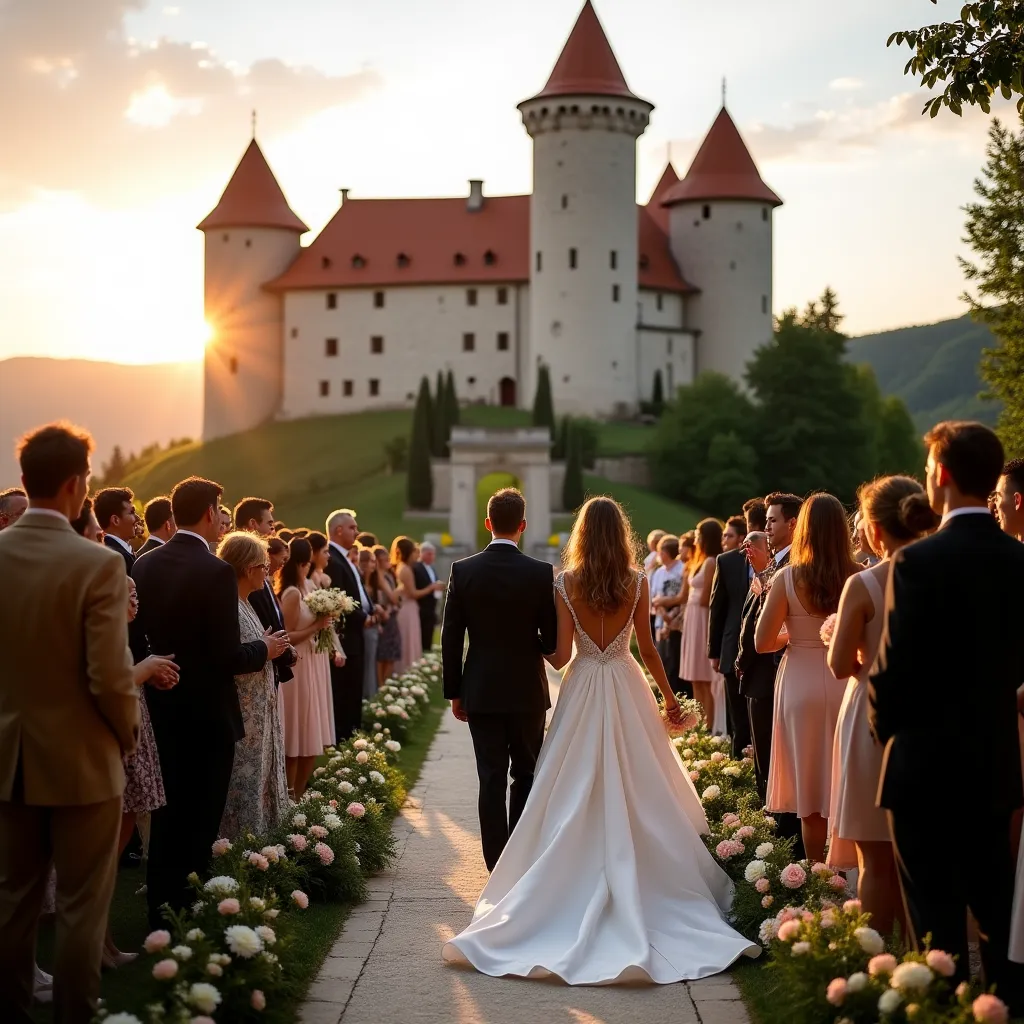
Historic Landmarks
Slovakia is home to numerous UNESCO World Heritage sites, including the magnificent Spiš Castle - one of Europe's largest castle complexes. Medieval towns like Bojnice and Kremnica showcase centuries of architectural heritage.
Discover Landmarks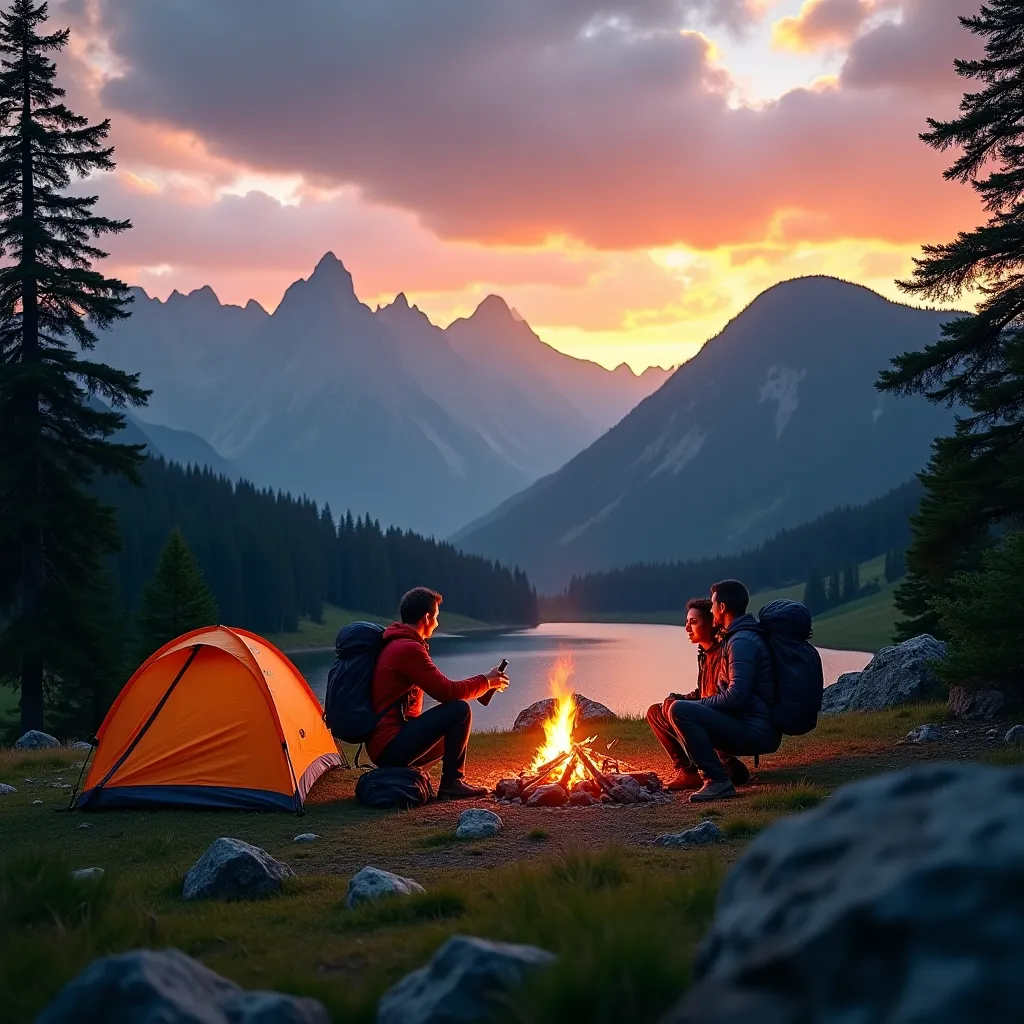
Cultural Traditions
Experience authentic Slovak culture through traditional crafts, folk music, and seasonal festivals. Each region has distinct customs, from Moravian wine traditions to highland shepherd culture in the Tatra Mountains.
Explore Culture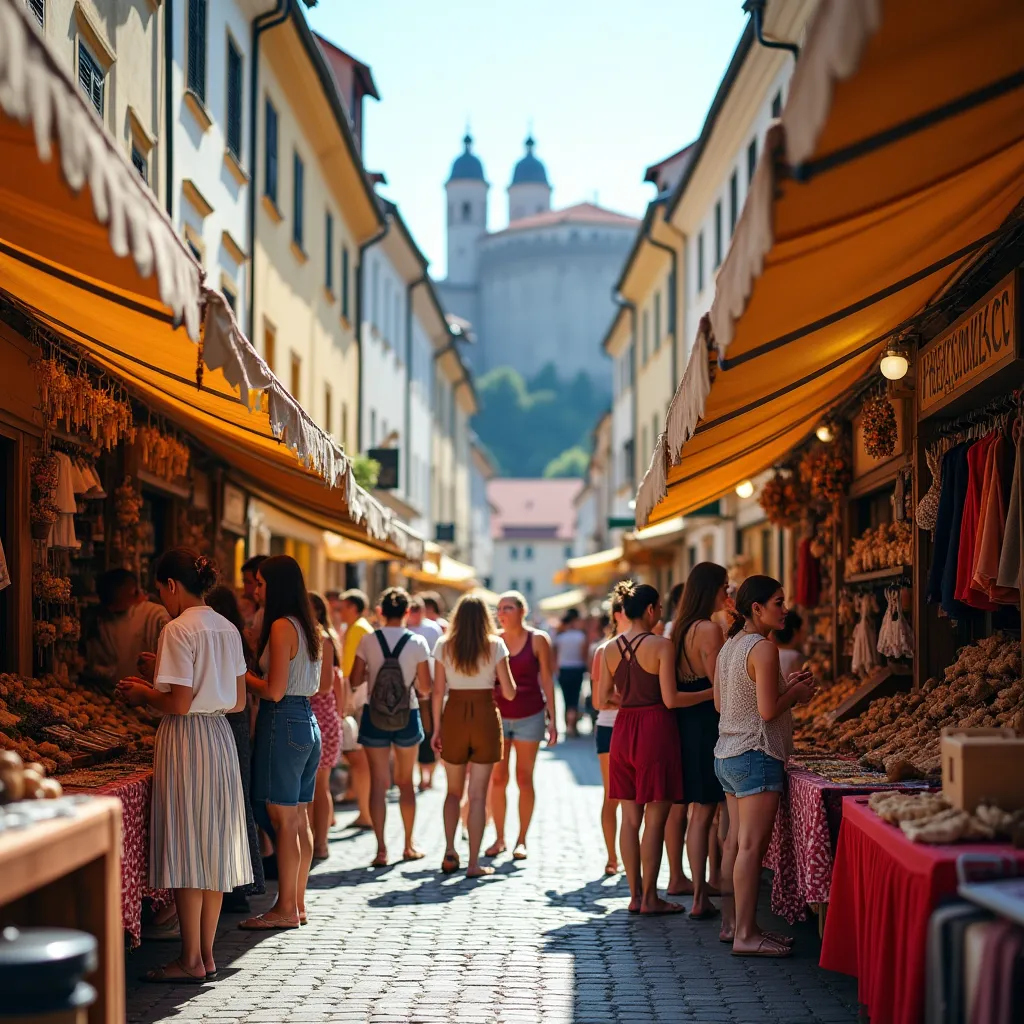
Travel Essentials
Practical information for your Slovak adventure, including transportation options, accommodation recommendations, dining customs, and useful phrases to enhance your travel experience.
Plan Your VisitHistorical Highlights
Slovakia's strategic location in the heart of Europe has shaped its rich and complex history, from ancient Celtic settlements to modern independence.
Medieval Period
The 13th century marked Slovakia's golden age of castle building. Over 200 castles and manor houses were constructed, many still standing today as testament to medieval engineering and artistry. Bojnice Castle, rebuilt in romantic style, remains one of the most visited landmarks.
Habsburg Era
Under Habsburg rule (1526-1918), Slovakia became part of the Austro-Hungarian Empire. This period brought baroque architecture, cultural exchange, and the development of mining towns like Banská Bystrica, which became centers of trade and craftsmanship.
Modern Independence
Slovakia gained independence in 1993 through the peaceful Velvet Divorce. Since then, the country has preserved its cultural heritage while embracing modern European values, joining NATO in 2004 and adopting the Euro in 2009.
Regional Highlights
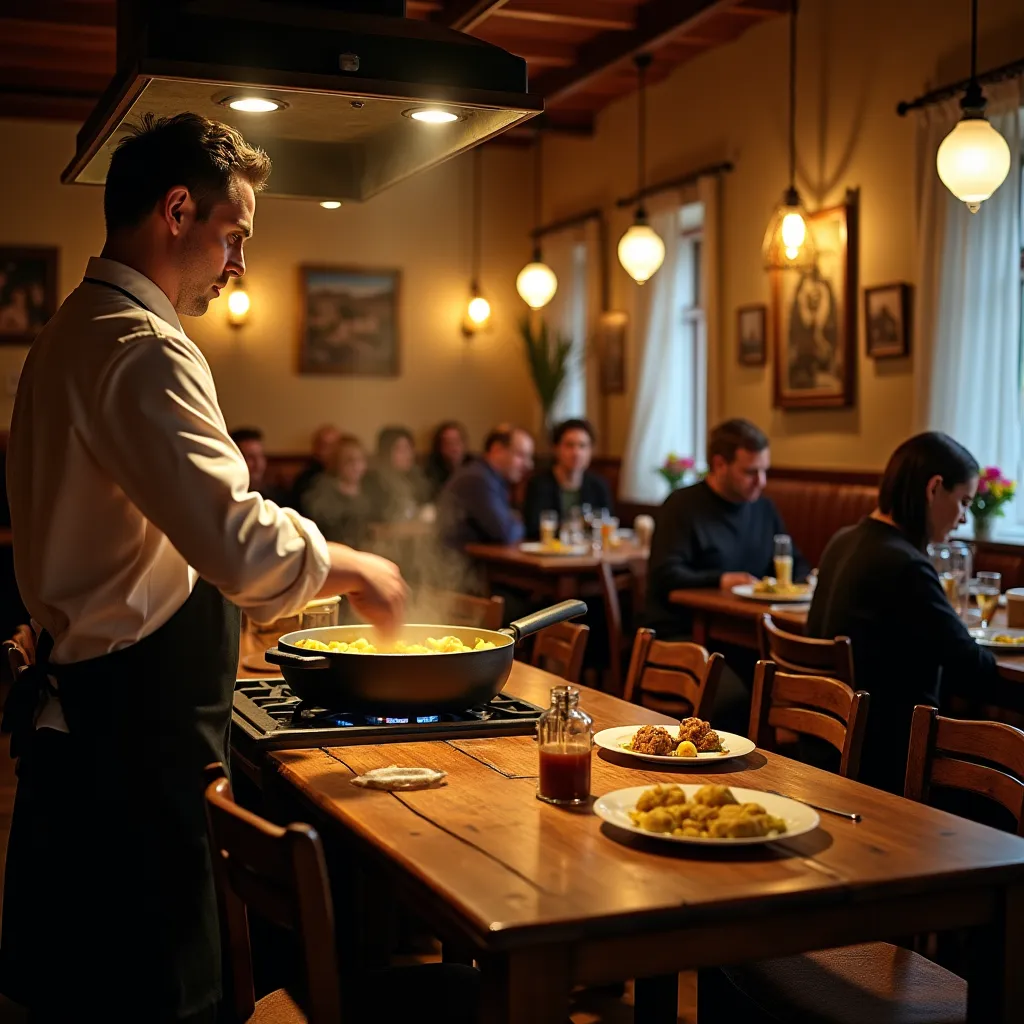
High Tatras
Slovakia's premier mountain destination offers spectacular hiking trails, pristine alpine lakes, and traditional mountain huts. The region maintains centuries-old shepherd traditions and serves as a gateway to understanding Slovak highland culture.
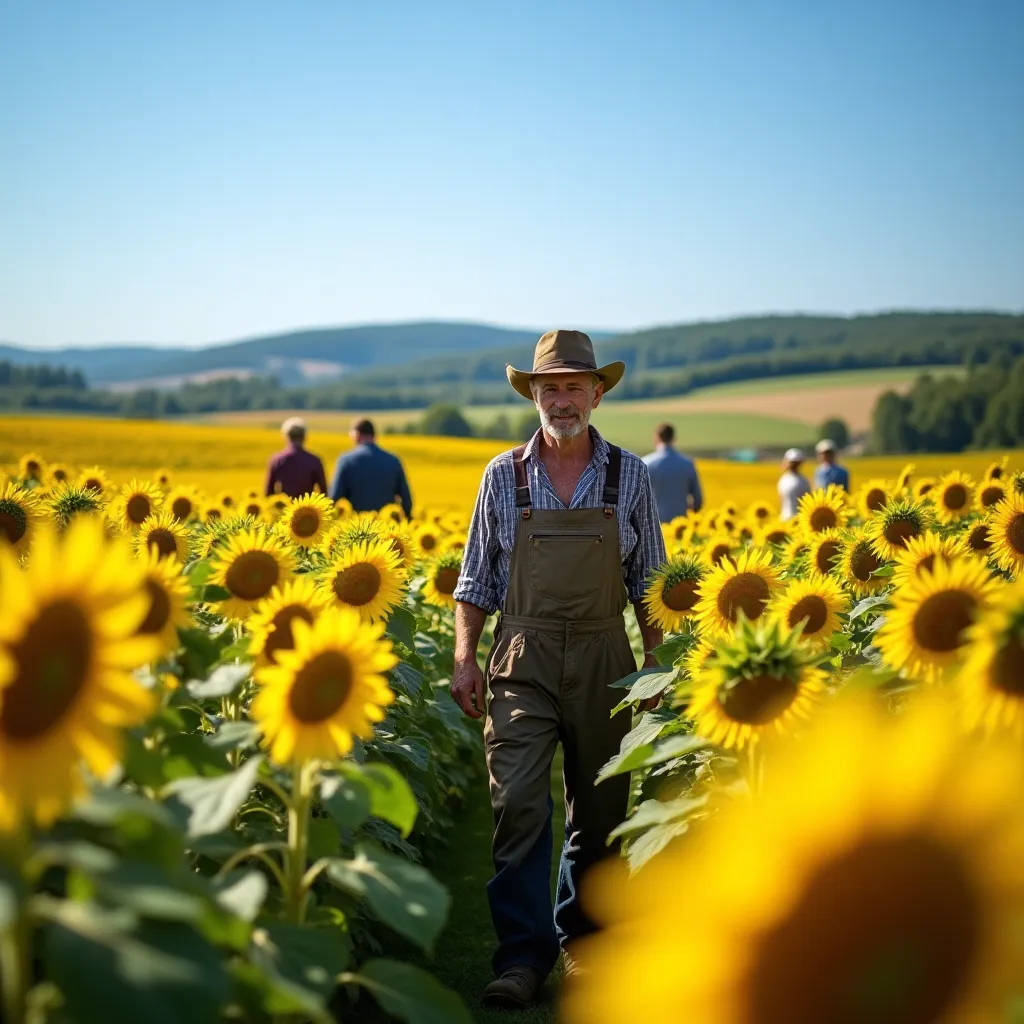
Eastern Slovakia
Home to remarkable wooden churches, many recognized by UNESCO for their unique architecture. The region preserves traditional crafts like pottery, woodcarving, and folk art that have been passed down through generations.
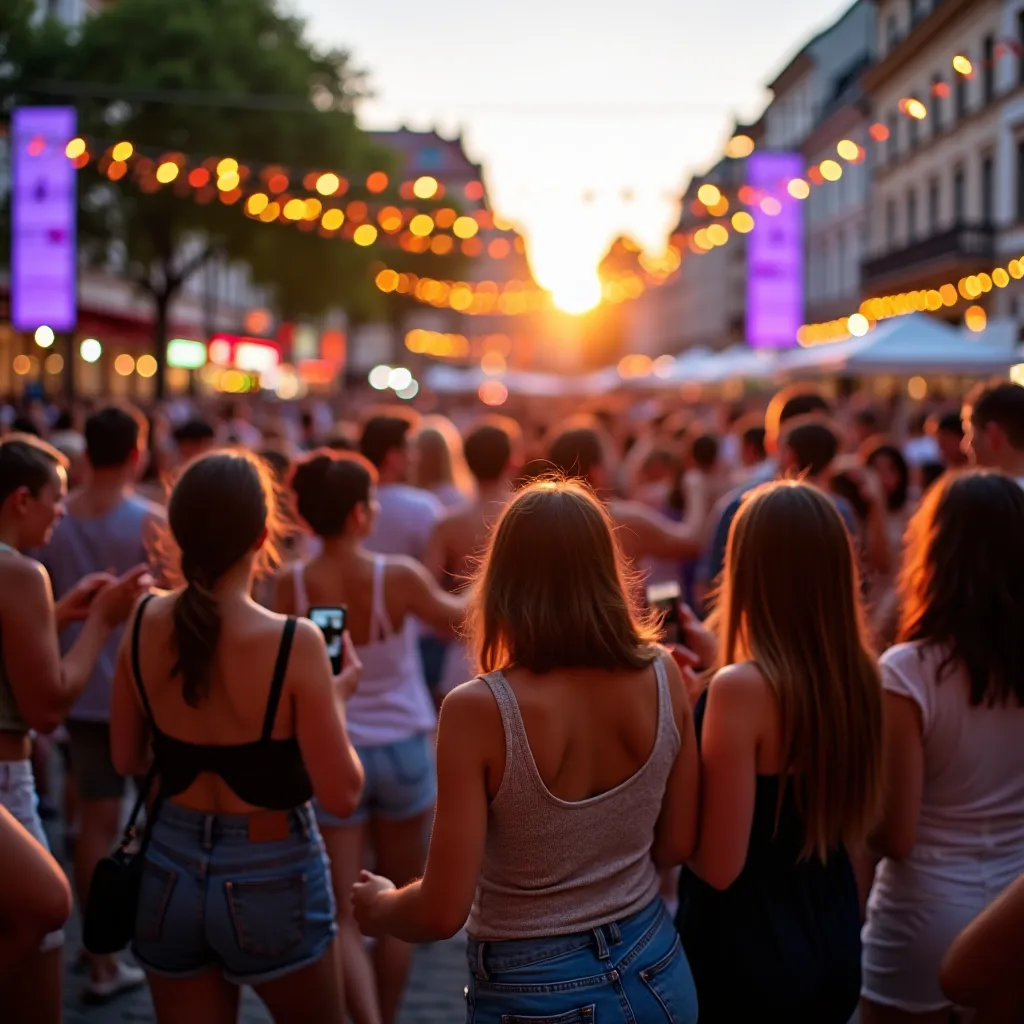
Danube Region
The fertile Danube plain has been the agricultural heart of Slovakia for millennia. Ancient Roman ruins, medieval towns, and traditional wine-making villages offer insights into the region's continuous habitation and cultural evolution.
Essential Travel Insights
Best Time to Visit
May through September offers ideal weather for exploring castles and hiking trails. Winter months are perfect for thermal spa visits and experiencing traditional Christmas markets in historic town squares.
Transportation
Slovakia's efficient railway system connects major cities and towns. Regional buses provide access to smaller villages and castle ruins. Renting a car offers flexibility for exploring remote areas and scenic routes.
Local Customs
Slovaks appreciate visitors who show interest in their culture and history. Learning basic greetings and showing respect for religious sites and local traditions enhances your travel experience significantly.
Language
While Slovak is the official language, many people in tourist areas speak English or German. Learning a few basic Slovak phrases demonstrates respect and often leads to warmer interactions with locals.
Contact Our Travel Experts
Get in Touch
Need personalized travel advice or assistance planning your Slovak adventure? Our local experts are here to help with detailed information about attractions, accommodations, and cultural experiences.